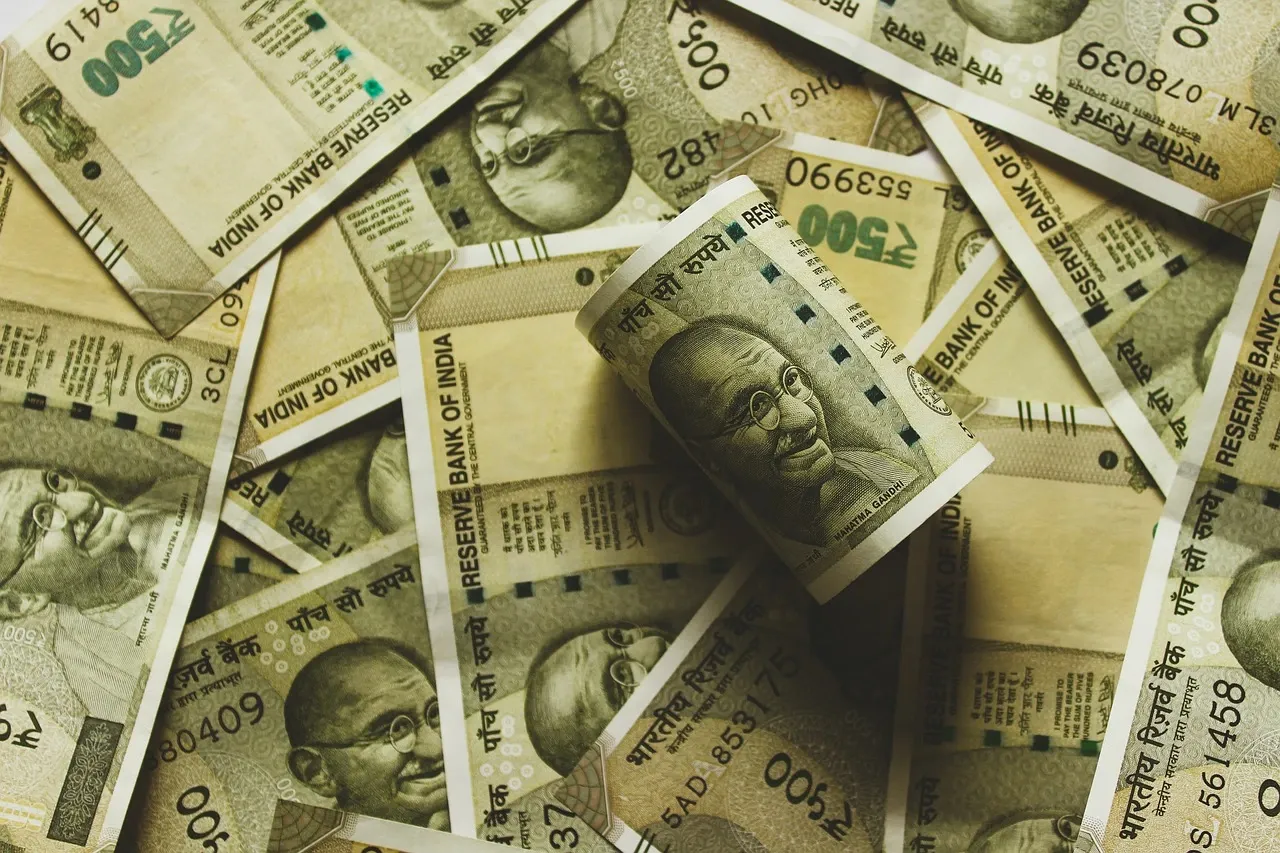Business News
8th Pay Commission: Experts flag downside of salary, pension revision for central govt employees
.png)
3 min read | Updated on January 31, 2025, 17:19 IST
SUMMARY
The announcement of the Eighth Pay Commission could slow India's fiscal consolidation process due to expected salary and pension hikes, according to EY India.

EY India advises that while the Union Budget 2025-26 should focus on boosting capital expenditure and income tax relief, fiscal prudence remains crucial.
India may have to rely largely on domestic demand drivers to support the growth momentum amid continuing global uncertainties, according to an EY report.
EY India Chief Policy Advisor DK Srivastava stressed that the Union Budget FY 2025-26 needs to be formulated keeping in view the signals from recent national income accounts data as well as prospects of medium-term growth for India.
The Indian economy grew at 5.4% in the second quarter of FY2025, leading to a downward revision of the annual GDP growth forecast for FY25 by most multilateral organisations and rating agencies.
"The FY26 budget should therefore restore the momentum of growth in GoI's capital expenditure. This may be supplemented by some rate rationalisation and income tax deductions aimed at increasing personal disposable incomes, particularly in the hands of lower income and lower middle-income groups," Srivastava said.
EY India expects a 50-basis points reduction in the repo rate during the year, possibly in two instalments, providing some support to private investment expenditure.
It also anticipates that the government may continue on its fiscal deficit glide path, reducing the fiscal deficit for FY26 to 4.4% of GDP.
However, Srivastava, who was a member of the advisory council to the 15th Finance Commission, cautioned that the announcement of the Eighth Pay Commission, which will be in effect from FY27, may delay the momentum towards achieving fiscal consolidation targets.
"The fiscal consolidation process may slow down as a result of salary and pension hikes based upon the recommendations of the Eighth Pay Commission," he said. “It is advisable, however, for the GoI to show continued commitment to fiscal consolidation and give a path to reducing the fiscal deficit to 3% of GDP even if it takes a little longer.”
Srivastava said that the key to India's medium-term growth lies in undertaking strategic reforms and their timely execution, ensuring a resilient path toward achieving long-term economic goals.
"While there may be challenges, such as global economic headwinds and pressure on the INR, these measures can help India sustain its growth trajectory. With the right fiscal policy initiatives and reforms, India can continue progressing toward its long-term targets," he said.
On the inflation front, CPI inflation showed moderation in December 2024 at 5.2 per cent. With core CPI inflation also remaining steady at a relatively lower level of 3.7 per cent, there is a possibility of a downward revision in policy rates in FY26 by 50 basis points, which could boost private investment, EY said.
Related News
By signing up you agree to Upstox’s Terms & Conditions
About The Author
Next Story


